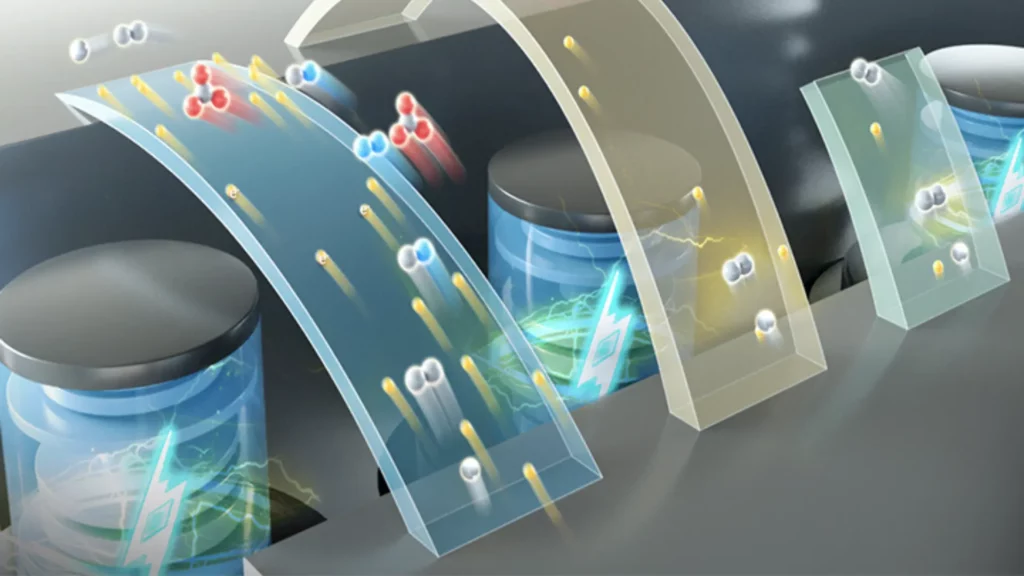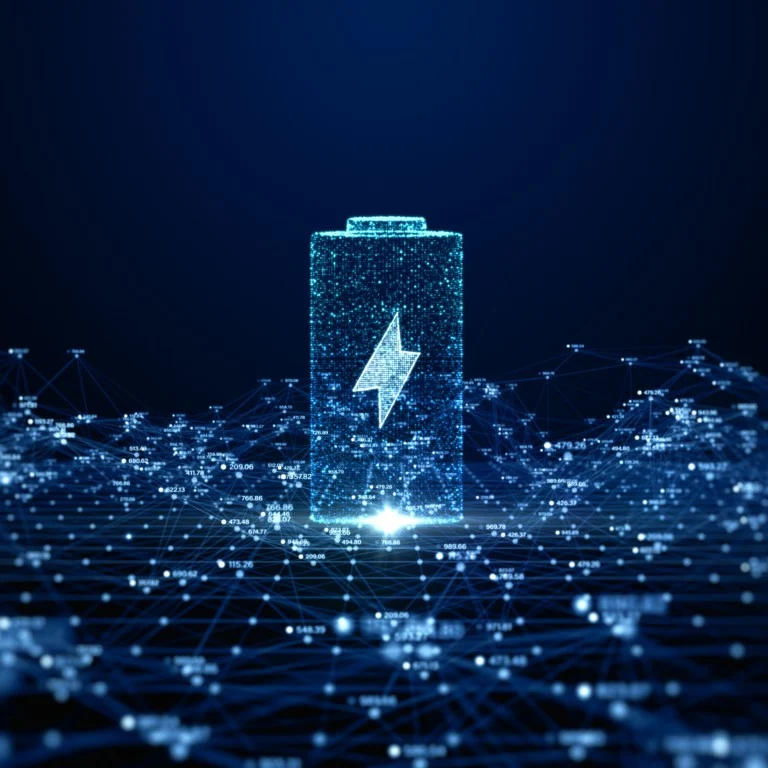Researchers from China have unveiled a game-changing battery technology poised to transform the landscape of energy storage. These innovative batteries, powered by water instead of flammable chemicals, promise double the energy capacity of traditional lithium-ion batteries, signaling a safer and more efficient future for electric vehicles and energy storage systems alike.
One of the standout features of these water-based batteries is their enhanced safety profile. Unlike conventional lithium batteries, which rely on potentially hazardous organic electrolytes, these batteries utilize water as a solvent for electrolytes, significantly reducing the risk of fire accidents. This breakthrough not only enhances safety but also paves the way for widespread adoption in various applications, including electric vehicles and grid-scale energy storage.
“Our work demonstrates that safe aqueous batteries with high energy density are possible, offering a development option for grid-scale energy storage, and even electric vehicles,” the paper said.
SCMP
The research team, led by Prof. LI Xianfeng from the Dalian Institute of Chemical Physics (DICP) of the Chinese Academy of Sciences (CAS), achieved a monumental breakthrough in energy density. By leveraging halogen multi-electron transfer, they developed a cathode based on bromine and iodine, resulting in a specific capacity exceeding 840 Ah/L and an impressive energy density of up to 1200 Wh/L, as detailed in a recent study published in Nature Energy.

To further optimize energy density, researchers employed a mixed halogen solution comprising iodide ions (I-) and bromide ions (Br-) as the electrolyte. This innovative approach facilitated a multi-electron transfer reaction, enhancing the efficiency of the battery system. During charging, I- ions were oxidized to IO3- on the positive electrode, while H+ ions migrated to the negative electrode. Conversely, during discharge, H+ ions traveled from the positive electrode, while IO3- was reduced to I-.
“This study provides a new idea for the design of high-energy-density aqueous batteries, and may expand the aqueous batteries application in power batteries field,” said Prof. LI.
ALSO READ: China has Developed the World’s Most Energy-Efficient AI microchips
The durability of these water-based batteries is equally impressive. According to SCMP, Tests conducted with a vanadium anode revealed a potential life cycle of up to 1,000 cycles, underscoring the stability and longevity of the technology. Moreover, the batteries exhibit energy density surpassing that of certain solid electrode materials, making them a viable and cost-effective alternative to traditional lithium batteries.
According Chemical engineering professor and co-author Dr. Jodie Lutkenhaus, “There would be no battery fires anymore because it’s water-based. In the future, if materials shortages are projected, the price of lithium-ion batteries will go way up. If we have this alternative battery, we can turn to this chemistry, where the supply is much more stable because we can manufacture them here in the United States and materials to make them are here” (via electrek)
The implications of this breakthrough extend far beyond conventional energy storage. With the potential to rival the energy density of solid electrode materials, these aqueous batteries offer a compelling solution for grid-scale energy storage and electric vehicles. Prof. LI emphasized the transformative impact of their work, envisioning a future where high-energy-density aqueous batteries drive innovation in various sectors.
The introduction of water-based batteries represents a paradigm shift in energy storage, addressing safety concerns while enhancing efficiency and sustainability. With the promise of extended battery life cycles and comparable costs to traditional lithium batteries, this technology holds the key to a safer, greener tomorrow.








